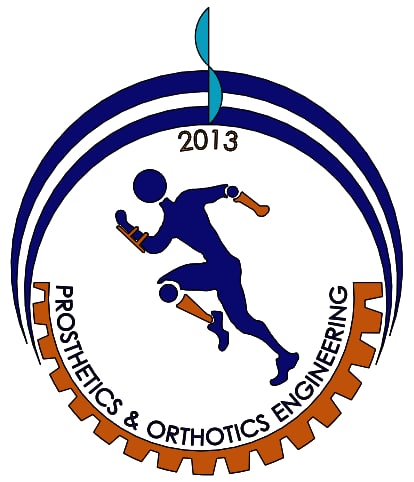Department of Prosthetics and Orthotics Engineering
Visior
To be a local and regional leader in the field of
Prosthetics and Orthotics Engineering, excelling in
higher education, scientific research, and community
service. The department strives to deliver top-notch
engineering programs and services in all its departmental
domains, and also serve the community.
Mission:
The Prosthetics and Orthotics Engineering Department
strives to graduate scientifically distinguished engineers
who have the capacity to work, innovate, and
demonstrate high competence. They are expected to be
leaders in their profession and capable of continuing their
learning at the local, regional, and global competition
levels. Additionally, they are committed to contributing
to the community through services related to the field of
Prosthetics and Orthotics Engineering.
Goals:
1. Prepare and equip innovative and professional
engineering professionals in all fields of Prosthetics and
Orthotics Engineering.
2. Graduate engineers capable of solving problems
related to the department's specialization, including
design, manufacturing, assessing the community's
required levels, and efficiently utilizing resources.
3. Disseminate and advance engineering knowledge in
the field of Prosthetics and Orthotics Engineering.
4. Conduct and publish scientific research in the field of
Prosthetics and Orthotics Engineering.
5. Organize scientific conferences, seminars, and
workshops to keep up with scientific developments in the
field of Prosthetics and Orthotics Engineering.
6. Provide scientific, engineering, and applied services
and consultations to all government and private sector
sectors within the department's scope.
7. Facilitate advanced research opportunities for graduate
students and faculty members in the areas of Prosthetics
and Orthotics Engineering.
8. Collaborate with sectors of the community closely
related to the department's specialization, providing
expertise, consultations, and solutions to address their
challenges, foster their development, and enhance their
efficiency.
9. Engage in effective collaboration with the community
through research and the provision of consultancy and
applied services.

